News
-
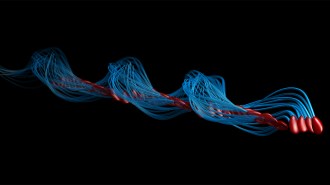 Health & Medicine
Health & MedicineHuman sperm don’t swim the way that anyone had thought
High-speed 3-D microscopy and mathematical analyses reveal that rolling and lopsided tail flicks keep the cells swimming in a straight line.
By Jack J. Lee -
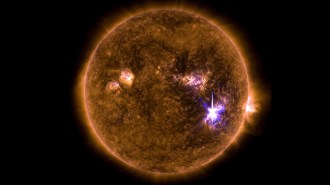 Physics
PhysicsThe physics of solar flares could help scientists predict imminent outbursts
Physicists aim to improve space weather predictions by studying the physical processes that spark a solar flare.
-
 Health & Medicine
Health & MedicineMany U.S. neighborhoods with the worst air 40 years ago remain the most polluted
Air pollution has declined in the United States, but marginalized communities are still disproportionately affected despite the improvement.
-
 Animals
AnimalsAn immune system quirk may help anglerfish fuse with mates during sex
Deep-sea anglerfish that fuse to mate lack genes involved in the body’s response against pathogens or foreign tissue.
-
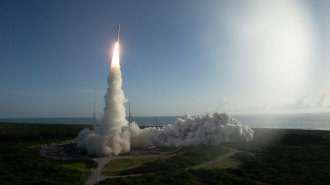 Planetary Science
Planetary ScienceThe Perseverance rover caps off a month of Mars launches
With the launch of NASA’s Perseverance rover, the rush to the Red Planet is under way.
-
 Space
SpaceAn Antarctic ice dome may offer the world’s clearest views of the night sky
The highest point in East Antarctica could be an ideal place for an optical telescope, a new study finds.
-
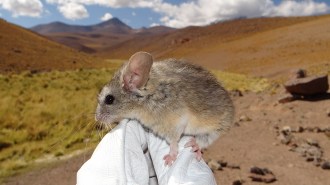 Animals
AnimalsA South American mouse is the world’s highest-dwelling mammal
At 6,739 meters above sea level, the yellow-rumped leaf-eared mouse survives low oxygen and freezing conditions atop a dormant volcano.
By Jack J. Lee -
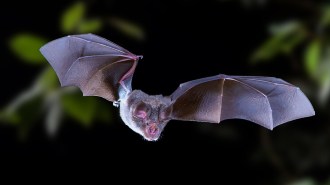 Health & Medicine
Health & MedicineClose relatives of the coronavirus may have been in bats for decades
The coronavirus lineage that gave rise to SARS-CoV-2 has been circulating in bats for around 40 to 70 years, a study suggests.
-
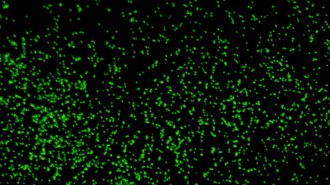 Oceans
OceansThese ancient seafloor microbes woke up after over 100 million years
Scientists discover that microbes that had lain dormant in the seafloor for millions of years can revive and multiply.
-
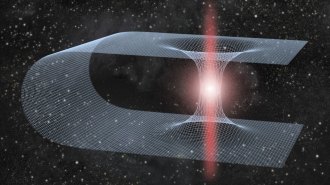 Physics
PhysicsA black hole circling a wormhole would emit weird gravitational waves
A new calculation reveals the strange gravitational waves LIGO and Virgo could see if a black hole were falling into a hypothetical tunnel in spacetime.
-
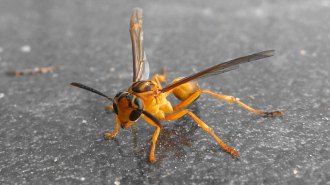 Animals
AnimalsA wasp was caught on camera attacking and killing a baby bird
Some wasps scavenge carrion or pluck parasites off birds, but reports of attacks on live birds are rare.
-
 Health & Medicine
Health & MedicineA popular heartburn medicine doesn’t work as a COVID-19 antiviral
In lab tests, an antacid didn’t prevent coronavirus infection, but clinical tests are needed to see if it can help people who already have COVID-19.